B adds regulations on employment policy for the elderly
Commenting on the group of regulations related to improving population quality (Articles 20 and 21), National Assembly Deputy Tran Thi Nhi Ha emphasized that population quality can only be truly improved when the entire process from the time parents planning to have children are counseled and examined for reproductive health, to the stage of prenatal and neonatal screening and diagnosis, along with comprehensive nutrition, education and health care programs for children are implemented synchronously. However, the draft only stipulates two stages, which are the pre-marital stage and the prenatal and neonatal stage. Thus, there is a lack of policies related to school nutrition, physical education and school health for children and adolescents.
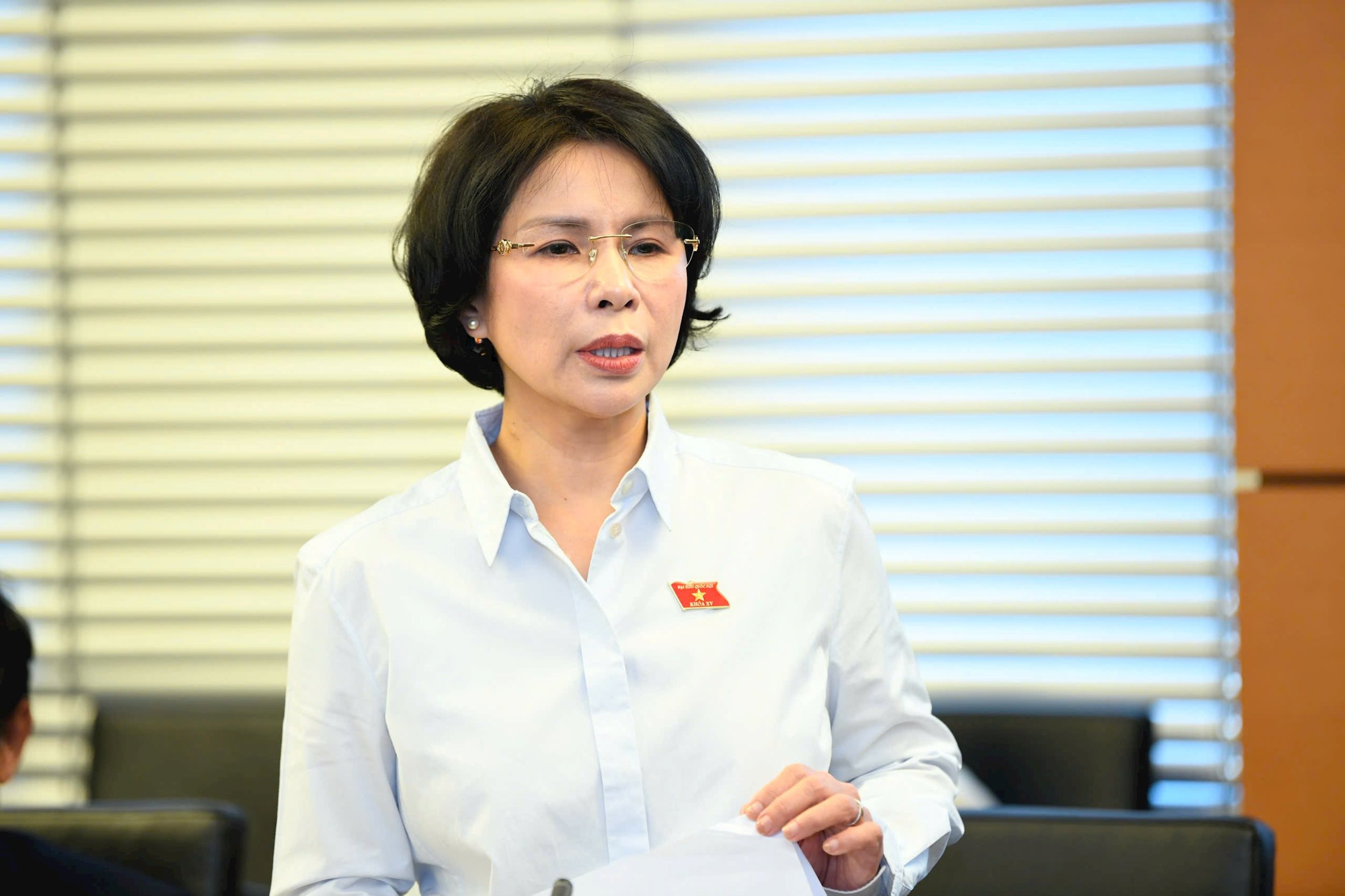
These are particularly important policies to improve the population quality and national competitiveness of the young generation of Vietnam, as directed by General Secretary To Lam recently. Therefore, delegates proposed to supplement regulations on population policies for minors and young people, focusing on three pillars: nutrition, physical education and school health .
Referring to the group of regulations in Articles 17, 18, 19 on policies to adapt to population aging, the delegate said that the current content only focuses on health care for the elderly, not fully reflecting the spirit of the Central Government's policy on proactive adaptation to population aging. According to the delegate, the elderly are not only subjects in need of care, but also a high-quality human resource with valuable skills and experience. If they have health and aspirations, they can completely continue to contribute to the labor market.
Citing the experience of Japan – a country with a high rate of aging population, National Assembly Deputy Tran Thi Nhi Ha said that this country has issued the Law on Employment Guarantee for the Elderly since 1971; in which, it is mandatory for businesses to create conditions for healthy workers to extend their working time by 5 years after retirement age; at the same time, there is a tax policy to encourage businesses to employ workers from 65 to 70 years old. Thanks to that, by 2023, Japan will have more than 9 million people aged 65 and over still working.
The delegates also proposed adding a provision on employment policy for the elderly, which clearly states the conditions for extending working time if they wish and are healthy enough. Although Vietnam is not currently facing an aging population, it is necessary to stipulate a roadmap and early preparation mechanism to adapt in the future.
Proposal to increase maternity leave in areas with low birth rates
Regarding population size, structure and distribution, National Assembly Deputy Tran Thi Nhi Ha highly appreciated the provisions in Article 13 on maintaining replacement fertility, considering this a new policy with profound practical significance. However, for the policy to be put into practice, there needs to be specific solutions to motivate people to have children, especially in urban areas with low fertility rates.
The main reasons for the declining birth rate in urban areas are the high cost of raising children and the lack of suitable childcare services, the delegates said. Therefore, there is a need for policies to directly address these two issues.

Regarding the regulation that women giving birth to a second child are entitled to an additional month off, and men are entitled to an additional 5 working days off, according to delegate Tran Thi Nhi Ha's assessment, this is not enough to encourage. The delegate recommended that women giving birth to a second child in an area with a low birth rate be entitled to an additional 2 months off, of which 1 month can be used flexibly within 1 year from the time of birth; men are entitled to an additional 10 working days off, of which 5 days can be used flexibly within 1 year from the time their wife gives birth to their second child.
Regarding the gender imbalance at birth, National Assembly member Tran Thi Nhi Ha assessed that the existing ideology of "male preference and female contempt" is one of the direct causes of the act of revealing the gender of the fetus during the prenatal screening and diagnosis process. According to the representative's evidence, many doctors still reveal the gender of the fetus to parents using symbols or codes. This is a dangerous act, contributing to increasing the gender imbalance at birth, and requires strict regulations.
In Clause 2, Article 15 on “Suspension of medical practitioners who announce, notify, or disclose information about the gender of the fetus to customers”, delegates assessed that this provision is not yet deterrent enough for practitioners. At the same time, it is recommended that the suspension be replaced by revoking the medical practice certificate, not re-issuing it for at least 5 years.
Source: https://daibieunhandan.vn/dbqh-tran-thi-nhi-ha-ha-noi-can-chinh-sach-dac-biet-de-nang-cao-chat-luong-dan-so-10392636.html



![[Photo] General Secretary To Lam receives the Director of the Academy of Public Administration and National Economy under the President of the Russian Federation](/_next/image?url=https%3A%2F%2Fvphoto.vietnam.vn%2Fthumb%2F1200x675%2Fvietnam%2Fresource%2FIMAGE%2F2025%2F12%2F08%2F1765200203892_a1-bnd-0933-4198-jpg.webp&w=3840&q=75)








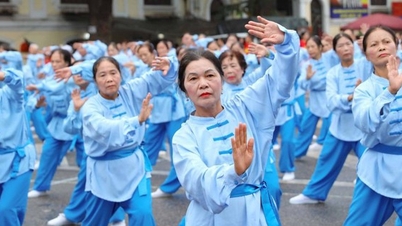


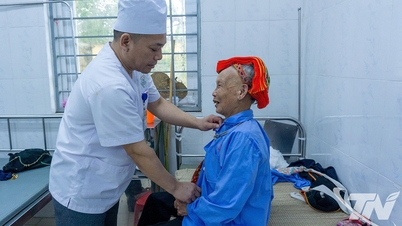

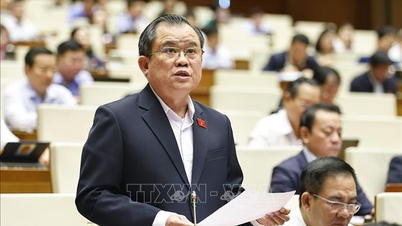

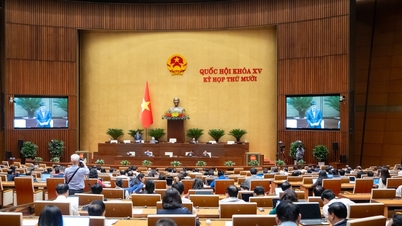


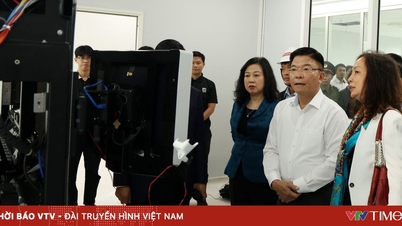

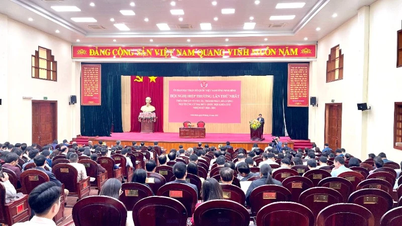
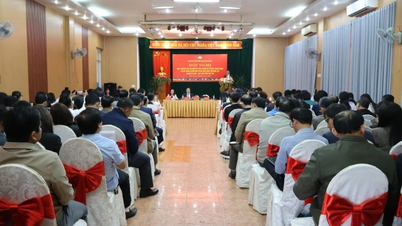







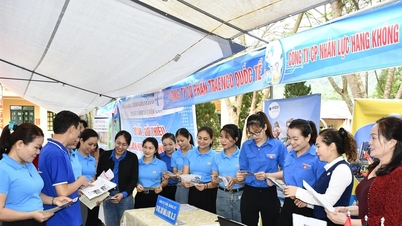



























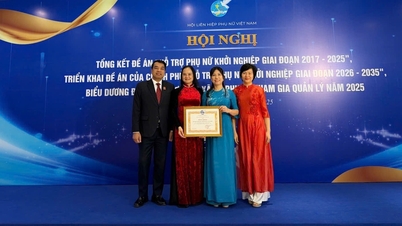
















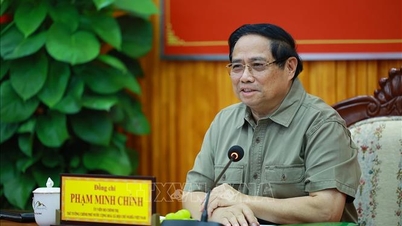



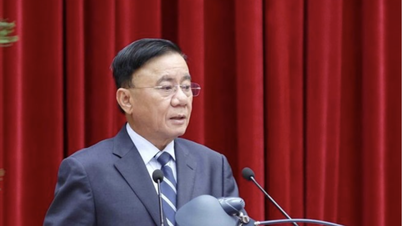









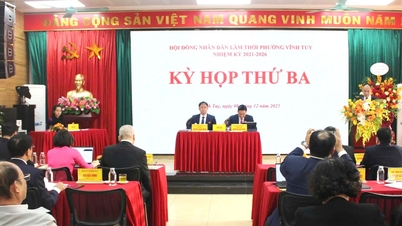
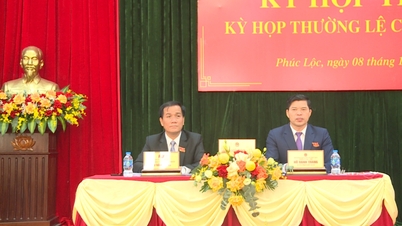




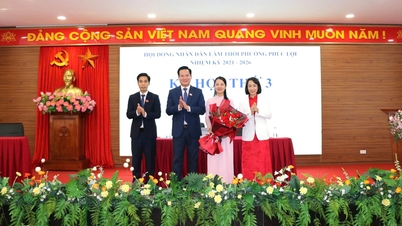
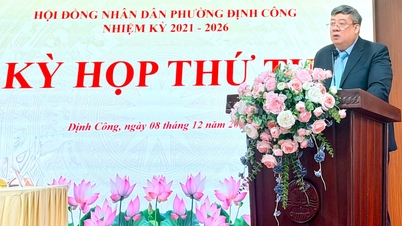
















Comment (0)